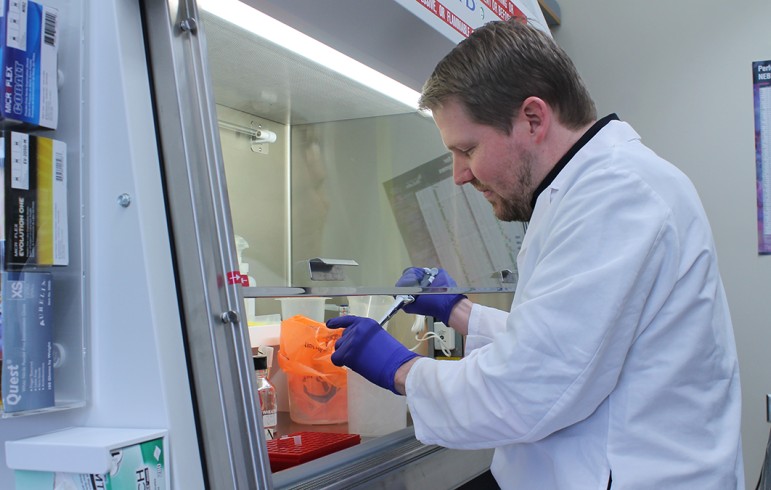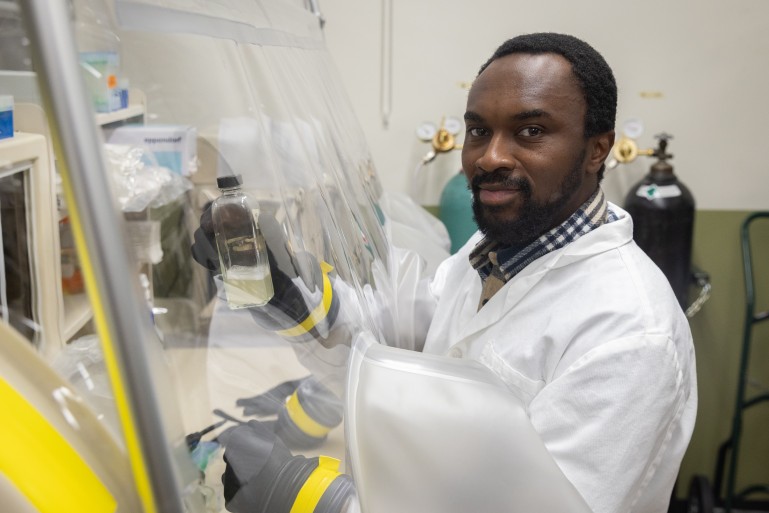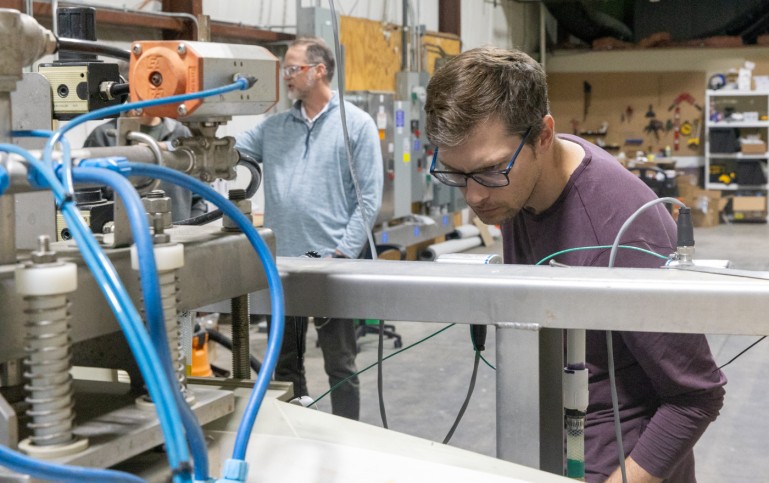University of Wisconsin–Madison researchers have demonstrated a new process for transforming a plentiful Wisconsin waste into fatty acids, energy-rich molecules that can be used to make fuels and a wide range of important chemicals.
In October, we saw Wisconsin Energy Institute researchers comment to the press on topics of fungi, air quality and grassland conversion.
Chemists at the Great Lakes Bioenergy Research Center have developed a new technology that converts biomass into both carbohydrates and lignin-derived aromatic monomers in a single step.
This week we spoke with Sae-Byuk Lee, a postdoctoral researcher in Chris Hittinger’s lab at the University of Wisconsin–Madison, to talk about his research into training yeast to turn xylose into fuel, how biofuels research connects with food microbiology, and what led him to UW–Madison.
In September, we saw Wisconsin Energy Institute researchers comment to the press on topics of air quality and grassland conversion
This week we spoke with Balendra Sah, a postdoctoral researcher in Robert Landick’s lab at the University of Wisconsin–Madison, to talk about his research into engineering bacteria to make biofuels and what led him to UW–Madison.
This week we spoke with Patricia Tran, a graduate student in Katherine McMahon’s lab at the University of Wisconsin–Madison. Patricia is from Montreal, Canada and studied environmental science and bioinformatics for her Bachelor of Science with Honors at McGill University.



